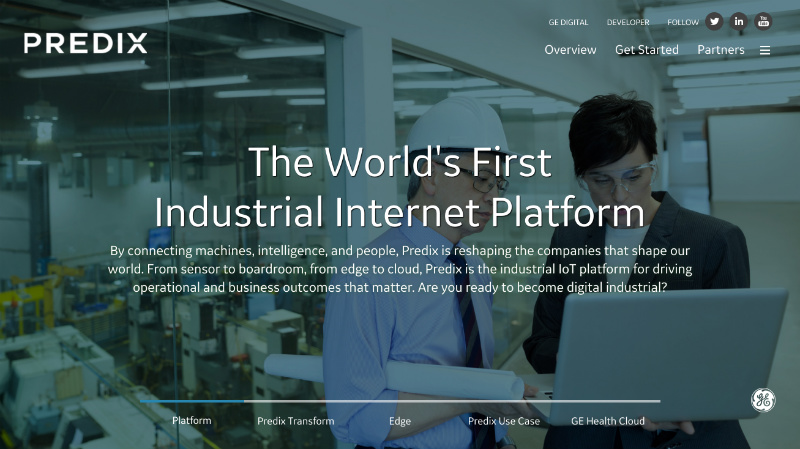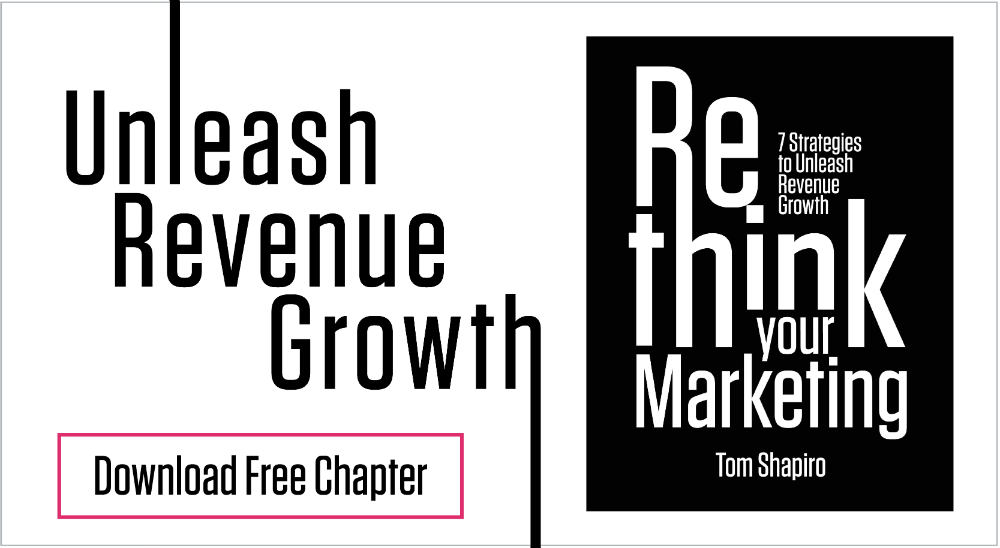At its height in the 1980’s, Digital Equipment Company (DEC) was awash in $14 billion in annual sales and employed 130,000 people. In 1998 they were sold on the cheap to Compaq and then to Hewlett Packard, having had their lunch eaten by Microsoft and Apple.
Michael Dell reinvented the computer manufacturing industry with his customized, on-demand production model. By 1997, the business was generating an annual profit of roughly $518 million. By the end of the 2000’s, though, Dell Computer had fallen behind Apple and Lenovo, struggling with razor-thin margins.
Ouch!
Today AND Tomorrow
What happened?
Blackberry’s co-CEOs scoffed at the idea of a combined phone/web browser/email device. DEC’s founder famously announced that there was no way everyone would want a personal computer in the home. As competition intensified and price cutting enveloped the industry, Michael Dell failed to develop a second act for his company. In other words, these one-time market leaders were focused only on today. Not tomorrow.
The message is simple. You need to focus on your business today, but always be rethinking your future. To survive and thrive, you must manage two businesses at once – the business you operate today, and the business you will become tomorrow. Changes in market demand and dynamics should be expected in any industry. To ensure long-term success, your job is to operate your current business at full strength, while concurrently developing a strategy and investing sufficiently to capitalize on future opportunities.
From Electricity to Finance to Data
No company has done a better job of that than GE, the company founded by Thomas Edison in 1892. During its infancy, GE focused on the manufacture of appliances – electric toasters, ranges, refrigerators, and clothes washers. The company was an early pioneer in electric locomotives.
But the company never remained rooted in its present. GE soon expanded beyond products strictly related to electricity, getting into the manufacture of superchargers for cars and airplanes and developing the jet engine.
Under CEO Jack Welch, GE plunged into the world of finance with the development of GE Capital. During the 1980’s and 1990’s, Welch and GE Capital provided tens of billions of dollars in business loans, mortgages, and credit cards annually. At its peak, GE Capital provided almost 60 percent of GE’s overall profits.
Jeff Immelt, who took over in 2001, was looking forward when he was forced to deal with the economic turmoil in 2008. The financial services division, which had been a cash cow for GE, threatened to bring down the entire company.
Immelt began the company’s turnaround by rethinking the future of GE by refocusing on its electric power generators, jet engines, locomotives, and oil refining divisions.
But the big transformation for GE was its move into the world of big data and software development. The company is creating applications that will allow customers to leverage the tsunami of data that GE products generate to make them operate more efficiently.
GE has since developed an operating system called Predix for the Industrial Internet that can consume and analyze huge amounts of data from sensor-equipped machines. Predix is now in use with customers who can monitor wear and tear on jet engines and schedule maintenance based on data, rather than historical averages. Predix is in operation with smart wind turbines that can communicate which way the blades should be angled to take the best advantage of the wind and increase power output by as much as 20 percent.
Pitney Bowes is now using Predix on its labeling and sorting machines in corporate mailrooms. Toshiba is using it on elevators.
GE could have been tripped up by the same market forces that brought down Blackberry, DEC, and Dell but they were astute enough to always be looking ahead. Are you looking to the future? Are you managing two businesses – the business you operate today and the business you will become tomorrow? If a 124-year-old company is rethinking its future to survive in today’s fast paced economy, then perhaps you should, as well.
This post was originally published on February 16, 2017 and updated on October 25, 2021.





